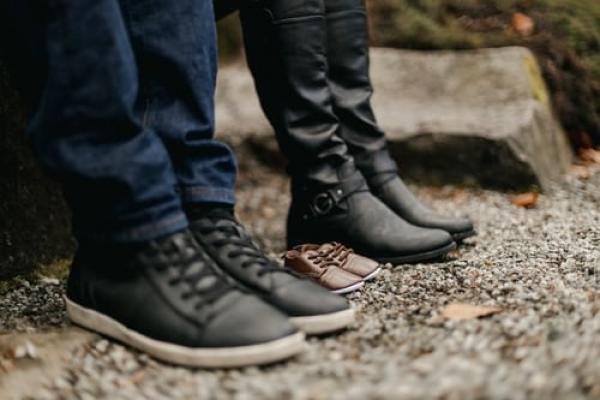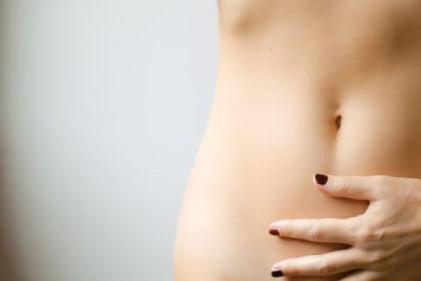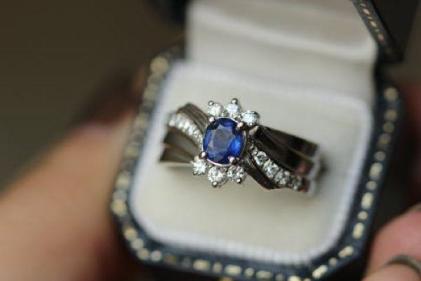Ireland and the Philippines are both signees of the 1993 Hague Convention on the Protection of Children and Co-operation in Respect of Inter country Adoption which means that a) Ireland and the Philippines are subject to certain standards of adoption and b) they may only adopt children from countries who have also signed the agreement. This legislation was expanded upon with the Adoption Act 2010, which commenced on the 1st of November 2010, with the intention of standardising domestic and inter-country adoption. The Adoption Authority was established to oversee the regulatory framework and to ensure that it works in the best interest of the children and that their protection is prioritised throughout an adoption process.
Because Ireland and the Philippines have both ratified the Hague Convention, they are subject to Article 2 of the legislation, which states that ‘the Convention shall apply where a child habitually resident in one Contracting State (e.g. the Philippines) has been, is being, or is to be moved to another Contracting State (e.g. Ireland) either after his or her adoption in the State of origin by spouses or a person habitually resident in the receiving State, or for the purposes of such an adoption in the receiving State or in the State of origin. The Convention covers only adoptions which create a permanent parent-child relationship.’
The Philippines will currently allow foreign counties to adopt children over 6 years of age who are considered as children with ‘special needs’.
The process;
Article 15: According to the Convention, in order to be considered as suitable applicants, The Adoption Authority of Ireland carries out an Assessment Report (Article 15) sends it to the Philippines and the Inter country Adoption Board (ICAB). This will decide if the adoption process can proceed.
Article 16: The results of the Article 15 assessment carried out by Ireland will match the child with successful applicants ie; potential adoptive parents, through the NCA and then the ICAB sends an Article 16 (Child Study Report) to The Adoption Authority of Ireland to assess the suitability of the match.
Article 17: The Adoption Authority of Ireland sends an Article 17 (Child Placement Agreement Notice) to the ICAB agreeing that it is suitable for all parties that the for the child should be placed with the successful applicants ie; the Irish adoptive parents.
ICAB may then place the child with the prospective adoptive parents for transfer to Ireland under guardianship.
The Philippine adoption process differs slightly from some other adoption processes, in that non-Filipinos are not allowed to adopt in the Philippines. Therefore, after this initial process, Irish potential parents must return to Ireland with the child under guardianship and apply for a domestic adoption order there. This re-application is very similar to the first round of assessment for Article 15 and ICAB will carry out post-placement and pre-adoption reports. ICAB and The Adoption Authority of Ireland will decide whether or not to issue a Declaration of Eligibility and Suitability.
Once that Declaration has been issued, the prospective parents may apply to the Adoption Authority of Ireland to obtain an Adoption order (Article 23), which states that the adoption process has been undertaken in compliance with terms and conditions of the 1993 Hague Convention.*
*Note that as Irish domestic adoption requirements differ in some respects to inter-country adoption, it may not be possible for the Adoption Authority to grant an Adoption Order in these cases without the intervention of the High Court. In those circumstances, prospective adopters will be liable for High Court costs incurred. These may be substantial and prospective adopters should inform themselves regarding potential exposure to additional costs which might accrue as a result of such proceedings.
Fees:
Normally, this process would be carried out by the adoption agency, ‘Helping Hands’ and fees of up to €9,500m would apply. Currently however, for adopting in the Philippines, the Adoption Authority of Ireland transmits the prospective adoptive parents’ ‘dossier’ to the Philippines free of charge, excluding courier costs. This arrangement will change in the near future when the facilitation service is delegated to the Irish based Accredited Body, Helping Hands Adoption Mediation Agency. There will be costs associated with any services provided by Helping Hands.
Eligibility of prospective parents
- Body Mass Index (BMI) should be 35 or below and be without ‘metabolic syndrome’
- Married heterosexual couples and sole applicants may apply
- Sole applicants for children with additional needs only i.e. older children or sibling group
- Married couples must be married three years or more
- Psychological assessments required
- It should be noted that preference will be given to Filipino applicants
Statistics of recent Irish-Filipino adoption rates:
Year 2018 2017 2016 2015 2014 2013 2012
Number of Children 0 2 3 6 2 0 0













